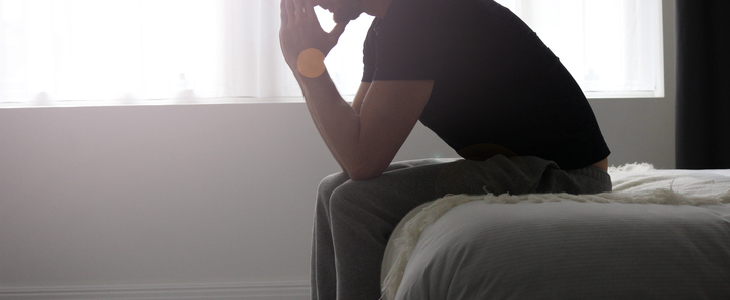In many types of criminal cases, judges will issue protective orders (known as Magistrate’s Orders of Emergency Protection, or “MOEPs”) and bond conditions in cases where there is a victim. If you are charged with an offense involving a victim, it is critical that you understand and obey any orders that are in place. Depending on what the original charge is, violating a bond condition or MOEP could result in a charge of Violation of a Protective Order, which is an independent legal charge. In the Houston area, Violation of a Protective Order is frequently charged against defendants who violate a MOEP or bond condition in a domestic violence case.
What Are the elements of a Violation of Protective Order Case?
Under Texas Penal Code 25.07, Violation of a Protective Order (VPO) is charged where a defendant in a family violence, sexual assault or abuse, indecent assault, stalking or trafficking case, or a party to a divorce who has been served with a protective order, violates a protective order or bond condition by:
- Committing family violence, sexual assault, indecent assault, aggravated assault, aggravated sexual assault or stalking against a person protected by the protective order or bond condition;
- Communicating with a protected person or a member of the family or household in a threatening or harassing manner or communicates a threat through any person to a protected person or member of the family our household;
- Communicating in any way with the protected individual if that is specifically prohibited by any order or bond condition;
- Going to or near any place specifically described in the order or condition of bond (such as a home or place of business);
- Possessing a firearm;
- Harms, threatens, or interferes with the control of a pet; or
- Removes or interferes with a GPS monitoring system
What are the consequences?
A first-time charge of VPO is typically filed as a Class “A” misdemeanor. However, a VPO can also be filed as a state jail felony if it is shown that a protective order was violated after the defendant was convicted or placed on probation. Under Texas Penal Code 25.072, if a person is accused of two acts that constitute a VPO in less than twelve months, that is considered a Repeated VPO and will be charged as a third-degree felony. VPO can also be charged as a third-degree felony if a defendant has been convicted of VPO two or more times, or violates a VPO by committing an assault or stalking.
Being accused of VPO can also cause your bond to be revoked in a criminal case, which means that you would be put back into jail until you post a new bond. Typically, a person is entitled to a new bond after a bond is revoked for violating a bond condition. However, under the Texas Constitution, a person who is accused of a felony or an offense involving family violence can be held without bail if a judge finds by a preponderance of the evidence that the person violated a condition of release (including a MOEP or bond condition) relating to the safety of the victim of the offense.
How Can I Get a Violation of a Protective Order Case Dropped?
The first thing a criminal defense attorney should do is familiarize himself with the bond conditions and protective orders that are in place that a defendant has been accused of violating. The details of what is actually prohibited are critical. Occasionally, a defendant is charged for VPO for behavior that is not prohibited by a MOEP or a bond condition. For example, a defendant in a recent case was charged with VPO for going to the address of the complaining witness. However, the complaining witness had moved and the new address was not listed on either the MOEP or the protective order (and the defendant was only prohibited from making harassing communications). Mistakes are frequently made when MOEPs and bond conditions are issued and when a person is arrested for a VOP. A person cannot be prosecuted for an act that is not prohibited.
Although it is not a legal defense that the defendant and the protected person agreed to communicate in violation of the protective order (or even that the protected person initiated contact), it can still be helpful for a criminal defense attorney to obtain truthful a statement from the protected person explaining the circumstances of the contact. Prosecutors may be more sympathetic to defendants who contacted by a protected person first.
The goal in a VPO case should always be to avoid jail time and protect your record. Although VPOs are serious cases that carry severe consequences, an experienced criminal defense attorney can help you minimize the damage. Attorney Jose Ceja is a former prosecutor who has handled VPOs throughout the Houston area. If you are charged with Violation of a Protective Order anywhere in the Greater Houston area, call Ceja Law Firm to schedule a free consultation.
